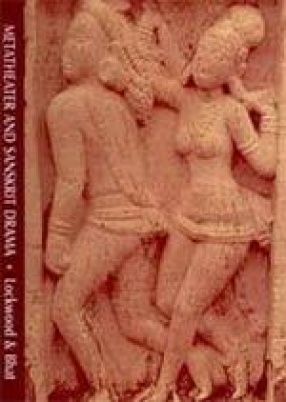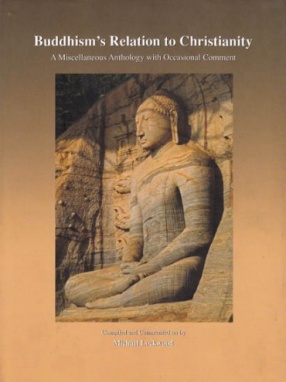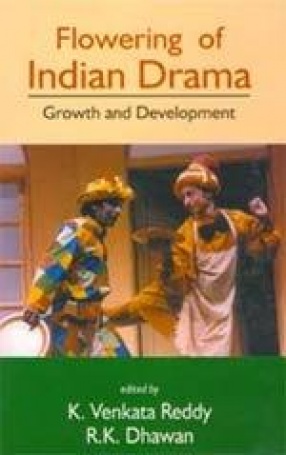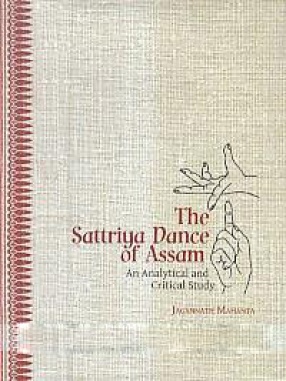In 1963, Lionel Abel’s book, Metatheatre: A New View of Dramatic Form, was published. The basic idea of metatheater is that of multiple ‘layers’ of illusion. The prefix ‘meta-‘, here, suggests ‘beyond’, ‘above’, or ‘within’. Metatheater, in one of its senses, can be viewed as one make-believe (dramatic) world superimposed upon another make-believe (dramatic) world. Or as one dramatic world framed within another dramatic world. The most easily understandable example of this relationship is the ‘play-within-the-play’. The question might be asked what relevance such a recent topic of literary criticism in the West would have to a study of ancient Sanskrit drama. Each of the six essays in Part One of this book provides an effective answer. In the sixth essay, a translation is given of the passage in the Abhinavabharati, wherein Abhinavagupta comments on the term ‘natyayita’. Remarkably, this ancient Sanskrit term is most appropriately translated by the freshly minted English word, ‘metatheater’! And it is through an understanding of this 30-year-old English term (‘metatheater’) that one is able to obtain a revealing insight into what Abhinava was saying one thousand years ago about ‘natyayita’, a term used on Sarira Abhinaya, and illustrated by Abhinava with a reference to Subandhu’s play, Vasavadatta Natyadhara. The first five essays illustrate how profoundly a knowledge of the metadramatic structure of Sanskrit plays will affect the way in which they are to be understood and translated. Part Two of this book presents the text and translation of, and commentary on, two Sanskrit faces which were written in the seventh century A.D. by the South Indian king, Mahendravarman. These two plays superbly illustrate the multi-dimensional splendor of ‘metatheater’ in Sanskrit drama.
Buddhism’s Relation to Christianity: A Miscellaneous Anthology with Occasional Comment
There is a proverb in India ...
$40.50
$45.00






There are no reviews yet.